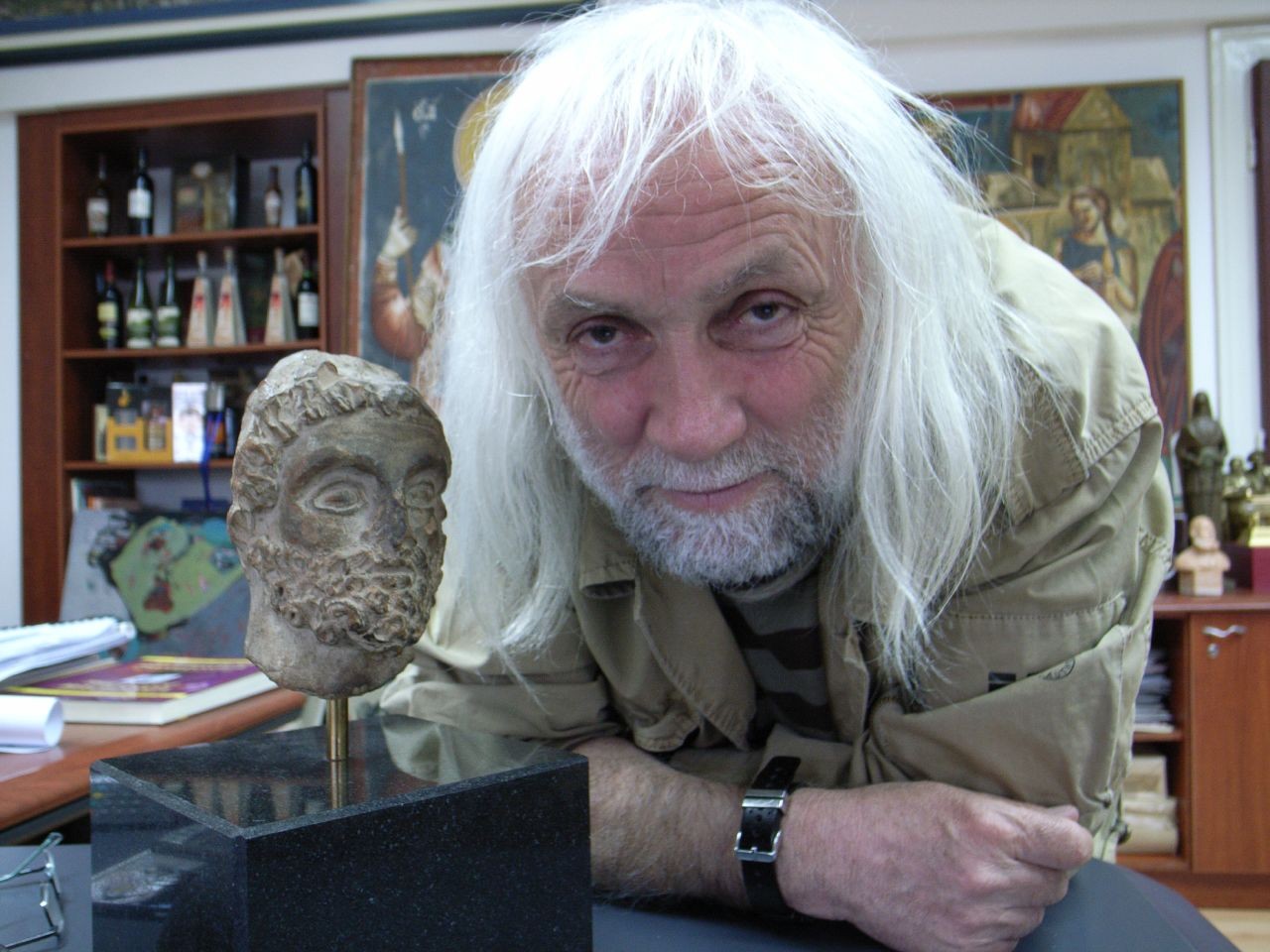The media of the Former Yugoslav Republic of Macedonia (FYROM) has been following developments at the excavation site of Amphipolis with great interest, linking it to the name dispute and other bilateral matters. From the outset, there was criticism of developments at the site with FYROM’s lead archaeologist Pasko Kuzman certifying what Greek archaeologists have claimed all along – that the burial mound doesn’t belong to Alexander the Great.
FYROM’s leading archaeologist appears to agree with his Greek counterparts that the actual burial site of Alexander the Great is in Egypt, though the exact location is still unknown.
“Current research at the site near Amphipolis started last year and continued this year,” said Kuzman, the former director of the Cultural Heritage Protection Directorate, in reference to the excavation work that began in 2012. “While working on a hill, a large tomb typical for the royal dynasty from the time of Ancient Macedonia was discovered.” Kuzman’s guess – despite his evident “authority” on ancient Macedon – doesn’t take into account the fact that members of the royal family were traditionally buried at Aegae.
He accuses the Greek media of claiming that the burial mound is that of Alexander the Great, though this has never been the case and links false claims to Greek political practice.
“I will only add that it is certainly a big discovery which is important for archaeology. But, if we want to point out the results, we can only say that Amphipolis is in Macedonia. Thus, we should all be happy about the current finding. After all, to discover the tomb of Alexander the Great is like the tomb of Jesus has been discovered. It would be a great discovery for the whole world,” says the archaeologist.
For actual developments at the excavation site, CLICK HERE.
Ask me anything
Explore related questions





